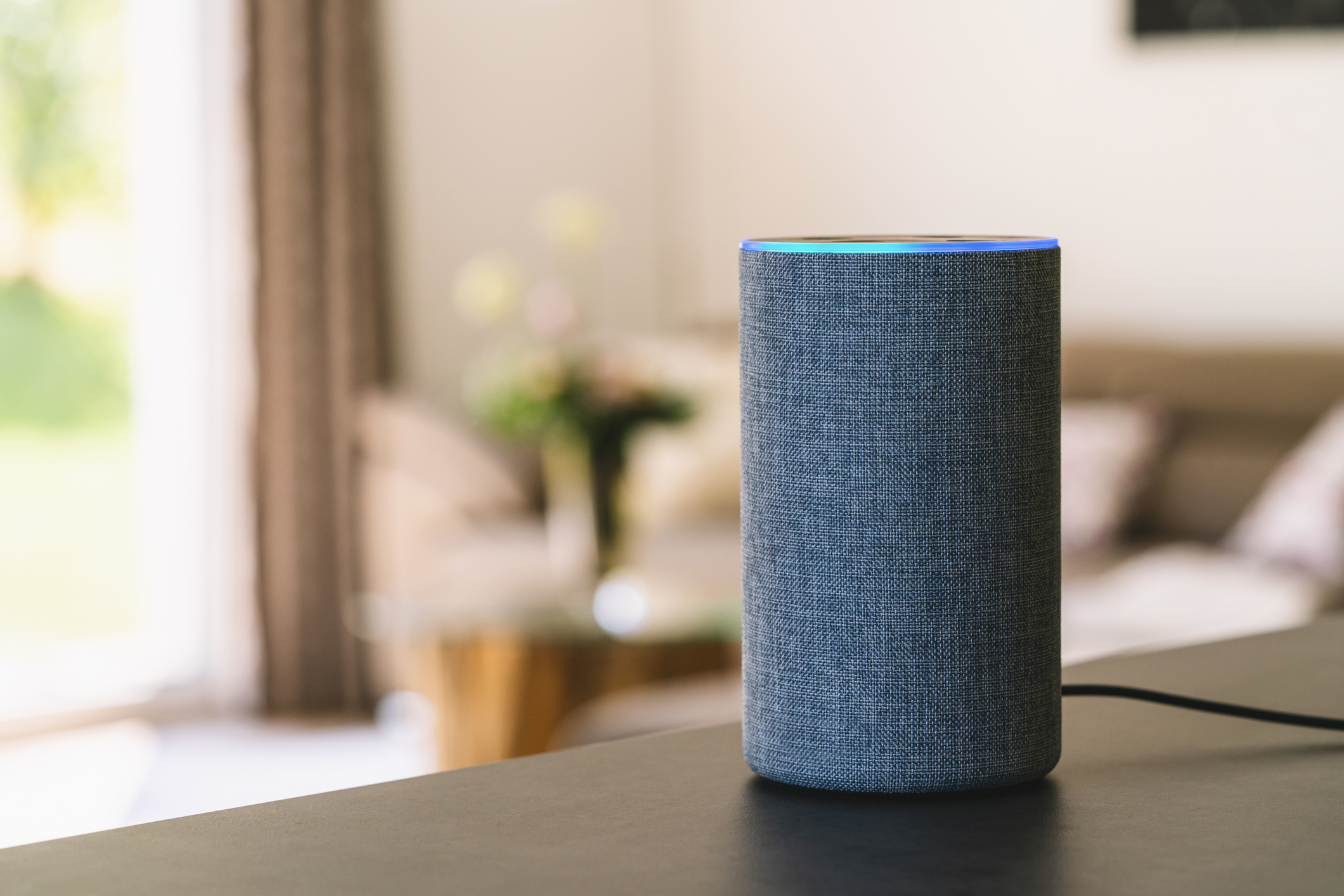When people in the U.K. ask Amazon’s Alexa health questions, they’ll get an answer from the country’s National Health Service.
For example, ask “What should I do to stop a headache?” and Alexa will read off a list of the symptoms and suggest potential remedies from NHS’s conditions and medicines database.
The NHS announced the partnership last week. The agency touted the agreement as a way to lower the pressure on the country’s doctors and other healthcare professionals. NIH’s presence on Alexa may lead to big savings by enabling patients to manage more care on their own and cut doctor visits.
“This partnership enables the [Alexa integration] to act like a triage system and streamline self-care options to common illnesses,” Paul Barnes, managing director EMEA of app analytics firm App Annie, said in an emailed response to questions.
The Alexa integration will help patients determine whether they require in-person care from a healthcare professional. In Great Britain, the average appointment with a general practitioner lasts about eight minutes. Better triaging may free doctors to spend more time treating patients with more complex needs.
The partnership is also intended to safeguard against misinformation. In the past, a general query to Alexa triggered an outcome based on the vagaries of the search algorithm, regardless of credibility. U.K. users will now receive an NHS-approved response to their health questions.
“Digital health is rapidly evolving and is becoming more widely accepted with consumers,” Tim Ng, chief technology officer of digital prescriptions start-up Now Patient, said in an emailed response to a query. Ng said he believes the Amazon-NHS partnership could benefit companies like his. “It will accelerate behavioral change and we hope, ultimately, create more opportunities for other healthtech businesses.”
Part of the Alexa Core
The partnership is unique in that it’s part of the core Alexa product, and doesn’t come via a separate “skill” — Amazon’s name for app-like extras that Alexa users can install. This is said to permit more people to access NHS data than would otherwise be possible.
“The Amazon and NHS partnership is an interesting milestone, especially when we look at the marketplace of voice which remains largely unexplored,” said Barnes.
A handful of companies are working on bringing voice interaction to healthcare. For example, Aiva and Merit.ai have built AI assistants to manage appointments and scheduling, without human interaction. Sopris Health and Saykara voice apps aid a doctor’s workflow by making note-taking quicker than manual record-keeping.
Other companies are developing voice apps to work with patients directly: Beyond Verbal analyzes the biomarkers in patients’ voices to analyze their well-being, and ElliQ is a voice assistant that helps the elderly interact with family and receive reminders about medication.
While the partnership is essentially a database look-up system, and not wildly sophisticated, it foreshadows wider innovations in personal healthcare management. Voice applications are likely to play an important role in the future.






















